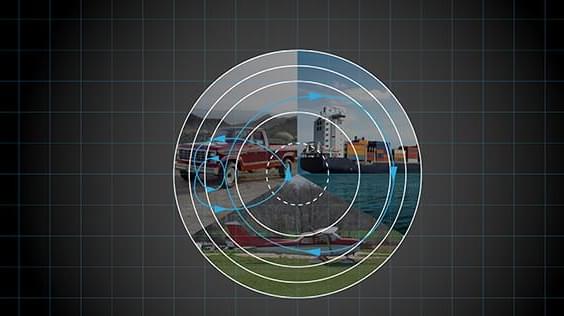Program aims to provide physical systems with ability to adapt to unexpected events in real-time and effectively communicate system changes to human and AI operators.
Many complex, cyber-physical military systems are designed to last for decades but their expected functionality and capabilities will likely evolve over time, prompting a need for modifications and adaptation. High Mobility Multipurpose Wheeled Vehicles (HMMWV), for example, had a design life of 15 years, but are now undergoing modernization to extend the average age of the fleet to 37+ years. At design time, these systems are built to handle a range of expected operating environments and parameters. Adapting them is currently done in an improvisational manner – often involving custom-tailored aftermarket remedies, which are not always commonly available, require a skilled technician to install, and can take months or even years to procure. Further, as they evolve and are placed outside of their original design envelop these systems can fail unexpectedly or become unintentionally dangerous.
“Today, we start with exquisitely built control systems but then someone needs to add something or make a modification – all of which results in changes to the safe operating limits,” said DARPA program manager John-Francis Mergen. “These changes are done in a way that wasn’t anticipated – or more likely couldn’t have been anticipated – by the original designers. Knowing that military systems will undoubtedly need to be altered, we need greater adaptability.”
In response, DARPA developed the Learning Introspective Control (LINC) program. The program aims to develop machine learning (ML)-based introspection technologies that enable systems to adapt their control laws as they encounter uncertainty or unexpected events. The program also seeks to develop technologies to communicate these changes to a human or AI operator while retaining operator confidence and ensuring continuity of operations.
